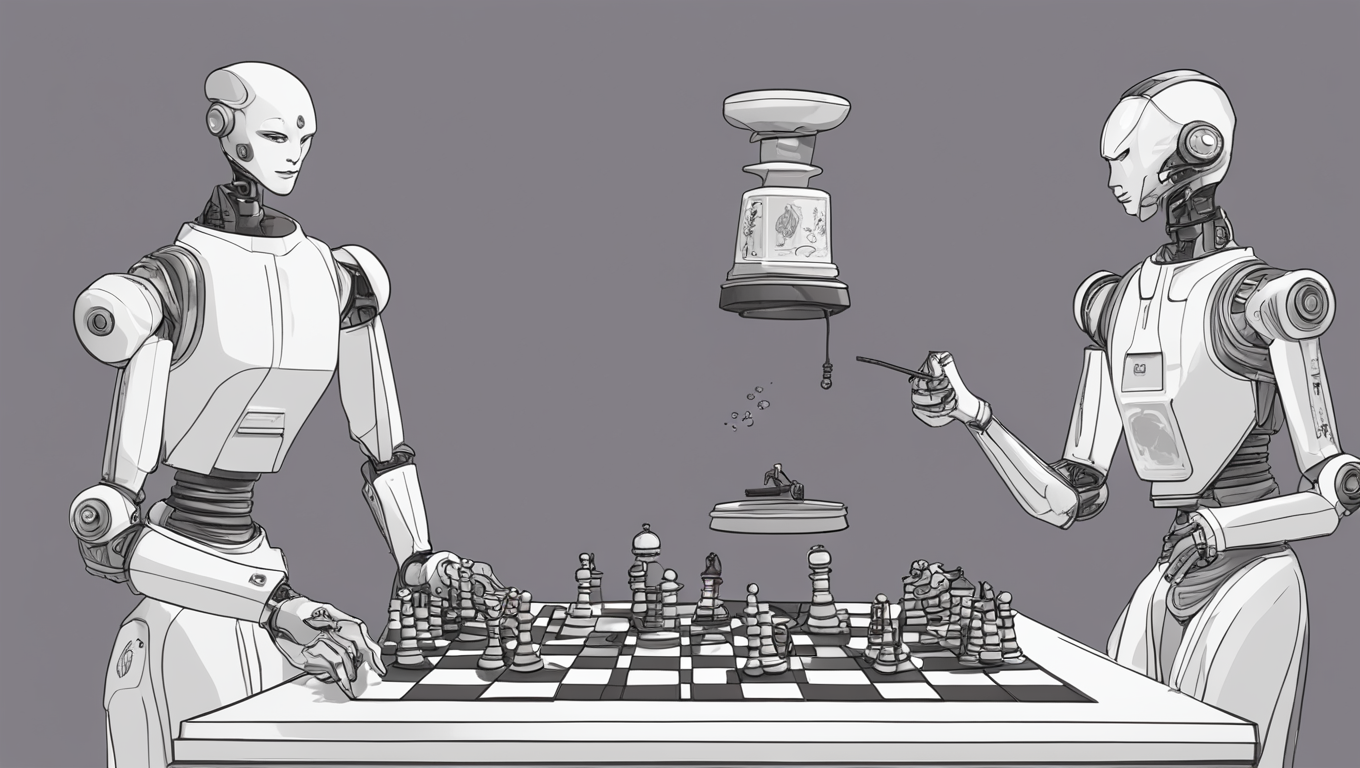China is taking a proactive approach to ensuring ethical standards in scientific research. The central government has announced new regulations that will require universities, hospitals, enterprises, and research institutions to conduct “ethics reviews” of any research involving humans, animals, and artificial intelligence (AI). These regulations, effective December 1, aim to promote responsible innovation and safeguard against potential risks.
The new rules identify seven specific types of research that will require additional verification from third-party experts. This includes research on algorithmic models, applications, and systems that have the ability to shape public opinion and guide social awareness. Additionally, clinical research on invasive brain-computer interfaces and synthesis of new species that may impact human health, values, and the environment will also receive heightened scrutiny. Other areas of research include human stem cells in animal embryos, genetic editing, human-computer interactive systems that impact human mental and physical health, and automated decision-making systems with security and health implications.
These regulations mark China’s first comprehensive guidelines on how institutions should conduct ethics reviews. The move aligns with Beijing’s efforts to establish boundaries for scientific research. One high-profile case that prompted the need for such regulations was the creation of the world’s first gene-edited babies by Chinese scientist He Jiankui. He was subsequently sentenced to three years in prison for “illegal medical practices.” The new rules will help prevent such unethical practices and ensure that scientific research is conducted for the greater good.
Under the regulations, institutions involved in sensitive research areas will be required to establish an ethics review committee with a minimum of seven members. These committees will have the authority to cancel any research projects that are deemed unethical or pose significant risks.
The regulations also extend to research involving data and algorithms, vital components in the development of large language models for AI. The design of algorithms and AI models must adhere to principles of fairness, transparency, reliability, and controllability that comply with state requirements.
This move positions China as a leader in regulating the development and use of generative AI technologies. The Cyberspace Administration of China has already implemented a licensing regime for AI chatbots, while other nations are still grappling with how to regulate this rapidly advancing field.
By implementing these regulations, China seeks to foster responsible innovation while ensuring that scientific research aligns with ethical standards. As Liu Cixin, an acclaimed Chinese science fiction writer, aptly stated, “Technology is neither good nor evil; neither is science. It is just a tool. How we use it determines whether it is beneficial or harmful.” With these new rules in place, China is taking steps to ensure that the tools of science and technology are used for the greater good of society.





Use the share button below if you liked it.